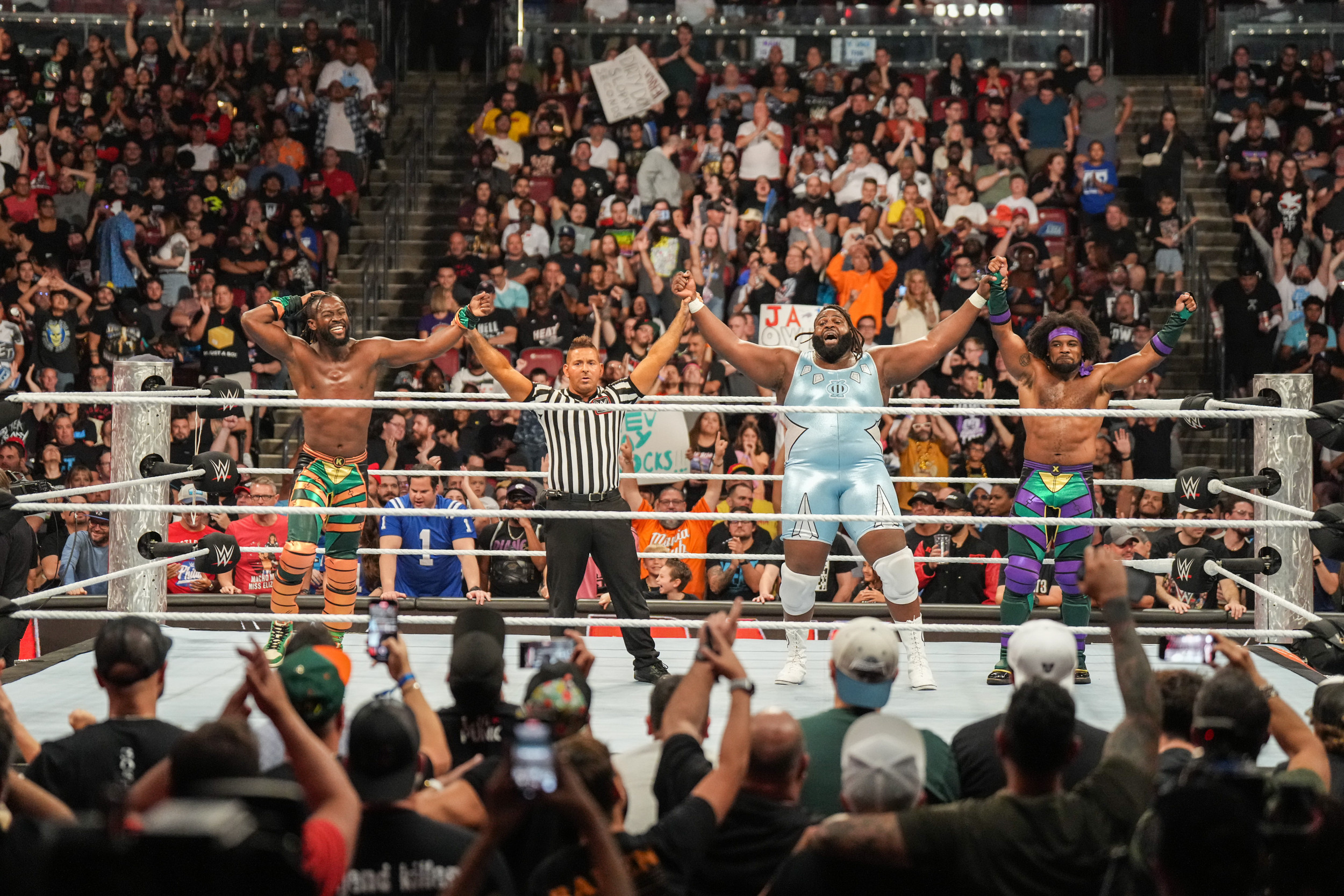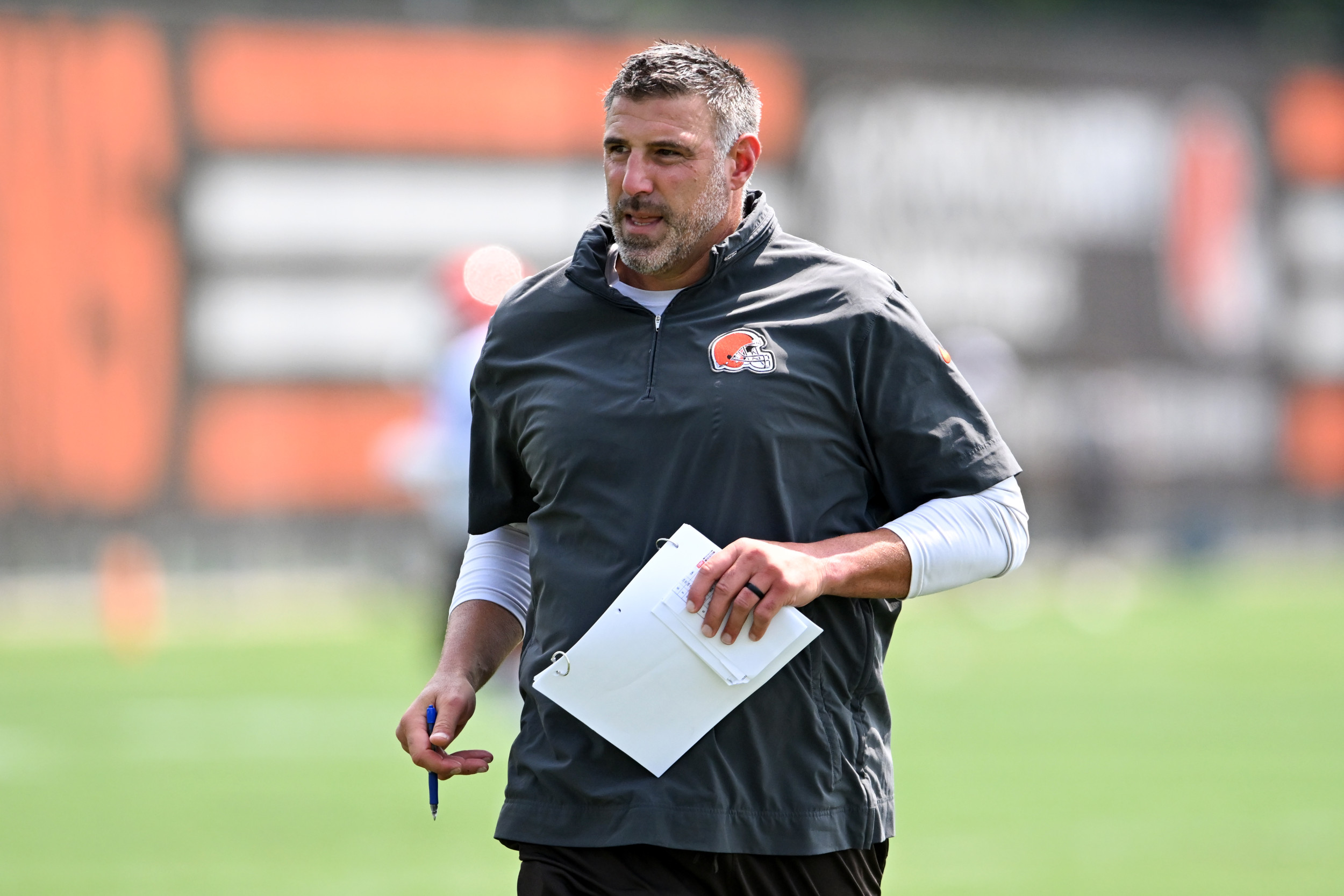In a time of unprecedented and accelerating technological breakthroughs, trust appears to be at an all-time low around the world. People have material comforts at their fingertips that would have been unfathomable a generation or two ago. Yet amid this abundance, people are increasingly bereft of meaning and purpose. We have become materially rich and spiritually poor.
Those who are driven to create something new in the world often emerge from interesting backgrounds. They are products of their time. And while I don't claim any extraordinary achievement or particular insight, I think it is fair to say that my own journey as an entrepreneur has been molded by the forces of discontent around us and the search for something true. And I am here to tell you: Truth and trust can be found in the most disparate of places, from ancient monasteries to the Ethereum blockchain.
I grew up in a communist state. Not the Soviet Union or Cuba but the Indian state of West Bengal, which under India's federalist constitution followed a strict communist ideology that affected how we saw money, property and even religion and individualism. It is safe to say that my worldview, from the start, was molded by this totalizing, centralizing atheist ideology, an ideology that promised freedom from the burdens of acquiring capital. For years, I never questioned it.
But, like most people emerging into adulthood, I eventually came to question the received wisdom as I learned to listen to my gut feelings of doubt and uncertainty. I began a search for truth that led me to interrogate the worldview around me. I started to wonder how much I could trust it.
This marked the beginning of a search for trust that would turn out to be a lifelong journey.
A Journey Starts With a Single Step
I have always been captivated by technology, diving into programming at an early age, fascinated by its logic and potential. I believed that even if everything else fails, logic would always work, that I could trust it wholeheartedly. So I eventually left home to study computer science at a university. And as I learned more, something else began to motivate me: a call to understand the spiritual and existential questions that communism rarely touched upon.
This led me to the next step in my journey. I became a Buddhist monk.
During my university studies, I also entered a monastery. Because of my background in programming from an early age, I was able to skip classes at the university and go back to the grand, mystical Himalayas. There, I spent months in seclusion, meditating in caves or sitting with spiritual texts, as I studied the meaning of community and human trust. My teachers introduced me to practices of making our own "time" as an ancient practice for human unity.

Time, I came to realize, is one of the fundamental yet mundane ways people measure and honor the invisible threads connecting them. Time tells us eventually what is worth our trust. Buddhism teaches that time is precious and finite—that each moment should be put toward a greater purpose. That the meaning of life is to live life meaningfully, living with the passage of time always in sight. This understanding would shape the philosophy that still guides me today.
Back Into the Fray
Ultimately, my spiritual mentors encouraged me to use my skills and insights beyond the walls of the monastery. It was time—pun intended—to move on.
If you were looking for a 180-degree change from the environment of a Buddhist monastery, few places would fit the bill better than New York City. So naturally I decided to make that my next destination. I worked in finance for American Express and later Nasdaq, where I was immersed in a world driven by financial markets and global exchanges. The culture shock was immense; the relentless pursuit of profit was jarring.
I soon found myself on the front lines of Occupy Wall Street. The protesters, rallying against financial inequality and corruption, sparked a curiosity within me about alternative financial systems. This was when I first encountered bitcoin. Even back then, I sensed a glimmer of potential—a way to challenge the institutions people no longer trusted, to offer a new path rooted in a radical rethinking of technological and financial systems.
Blockchain's purpose has often been obscured amid periodic "crypto bubbles" defined by a rush for personal gain. But for me this is a distraction. Blockchains have never been primarily a tool for transferring wealth. They are timekeepers. Bitcoin creator Satoshi Nakamoto himself called it a "time chain" – a record of truth over time, a ledger that connects us across moments and places in a shared history of trust. As they say, time is money, and sometimes cryptocurrencies take on that form.
Bringing It All Together
Today, I devote my time to furthering the utility and adoption of blockchains. I believe this technology offers us the promise of rediscovering trust in a world of increasing complexity and uncertainty. My challenge is to build tools that demonstrate that blockchains are about more than financial engineering. Properly deployed, they can underpin a new information infrastructure built for the 21st century with a notion of time that fits our age of acceleration and speed.
People sometimes ask me why I decided to leave the monastic life in pursuit of material success. The answer is that I didn't. I'm still a monk. In Buddhism, there is no assumption that leaving the monastery means abandoning your spiritual pursuits. Think of it this way: A pianist does not stop being a musician because they leave the conservatory. They simply choose to focus, for a time, on other things. So I am still a Buddhist monk. I just happen to be the co-founder of a blockchain company too.
Anuj Das Gupta is a co-founder of Smart Transactions (STXN), a company specializing in verifiable time machines on Ethereum.




















 English (US) ·
English (US) ·